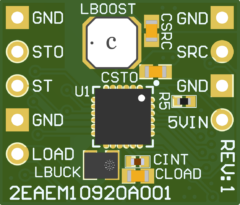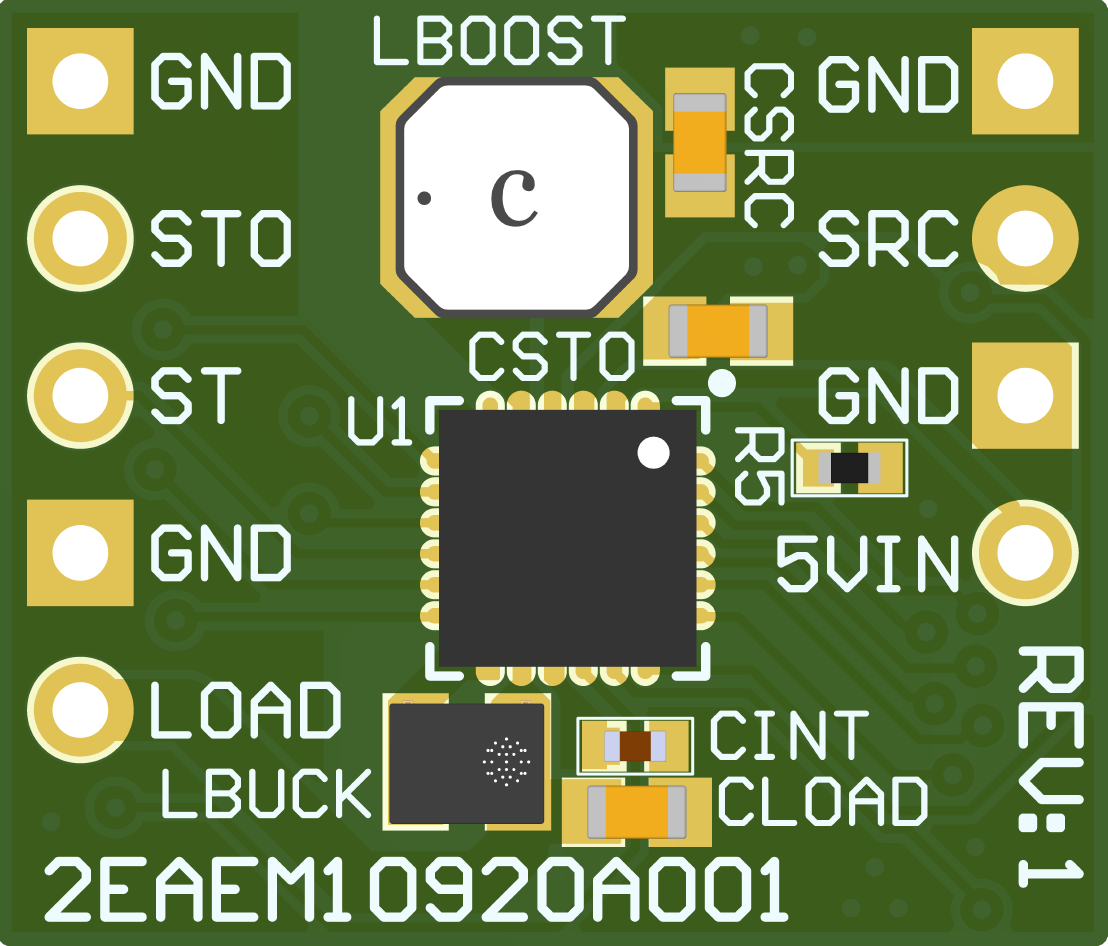-
-
Ambient Energy Managers
-
Dual source harvesting
-
Photovoltaic
-
Radio frequency
-
Thermal
-
Vibration
-
-
-
Pulsed intermittent source
-
Microcontrollers
-
 Dual source harvesting
Dual source harvesting 





